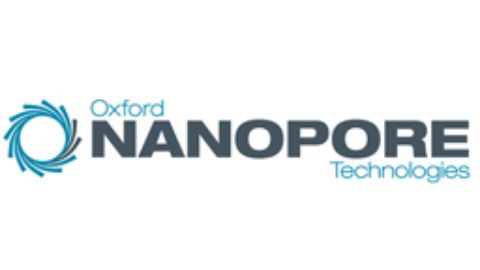To accelerate the discovery of new cancer biomarkers and new insights into the genetics of treatment-resistant tumors, it is crucial to gain a deeper understanding of the genomic and epigenomic variations in cancer. Traditional sequencing technology can only detect variants in regions that amplify well using PCR and can miss complex structural variants. Whereas whole-genome sequencing can overcome these limitations and also identify epigenetic modifications.
This app note highlights a workflow using a single sequencing assay that has the potential to enhance the classification accuracy of tumor types and the identification of drive mutations involved in cancer progression.
Download this app note to discover an end-to-end workflow that can help you:
- Obtain high molecular-weight DNA
- Select the right sequencing kit for your samples
- Detect somatic variants between tumor-normal samples
Characterising genomic and epigenomic variation between tumour-normal research samples using long nanopore sequencing reads Find out more about library prep: nanoporetech.com/library-preparation WORKFLOW: TUMOUR–NORMAL Find extraction protocol guidance: community.nanoporetech.com/docs/prepare Selecting a suitable extraction method to obtain high molecular-weight (HMW) DNA greatly depends on your sample type. There are a range of protocols available in the Community covering human clinical research samples, including brain tissue and blood. We highly recommend assessing DNA yield using a Qubit instrument, sample quality via a Nanodrop instrument, and DNA fragment length distribution using a fragment analyser before proceeding to library preparation. 60 min High molecular weight gDNA Optional fragmentation or size selection End-prep and nick repair Loading Ligation of sequencing adapters T p A A p When starting with HMW DNA, shearing and size selection can improve read length N50. We recommend the Oxford Nanopore Short Fragment Eliminator Expansion to size select for longer fragments and the Diagenode Megaruptor 3 for light shearing. However, if it is not possible to isolate HMW DNA, or sample input amounts are limited, you can instead proceed straight to library preparation without size selection or fragmentation. To prepare HMW DNA libraries for sequencing, we recommend the Ligation Sequencing Kit. Offering the greatest control over read length and output, this PCR-free library preparation method also preserves base modifications in the native DNA.Twitter: @nanopore www.nanoporetech.com View the tumour-normal open dataset: labs.epi2me.io/colo-2023.05/ SEQUENCING: utilising high-output PromethION Flow Cells ANALYSIS: detecting somatic variants between tumour-normal samples Oxford Nanopore Technologies, the Wheel icon, EPI2ME, Flongle, GridION, MinION and PromethION are registered trademarks of Oxford Nanopore Technologies plc in various countries. All other brands and names contained are the property of their respective owners. © 2023 Oxford Nanopore Technologies plc. All rights reserved. Oxford Nanopore Technologies products are not intended for use for health assessment or to diagnose, treat, mitigate, cure, or prevent any disease or condition. WF_1200(EN)_V1_04Aug2023 To find out more about tumour-normal nanopore sequencing, visit: nanoporetech.com/cancer-research Find out more about the Flow Cell Wash Kit: store.nanoporetech.com/flow-cell-wash VCF output files and HTML report bedMethyl output file BAM input file



